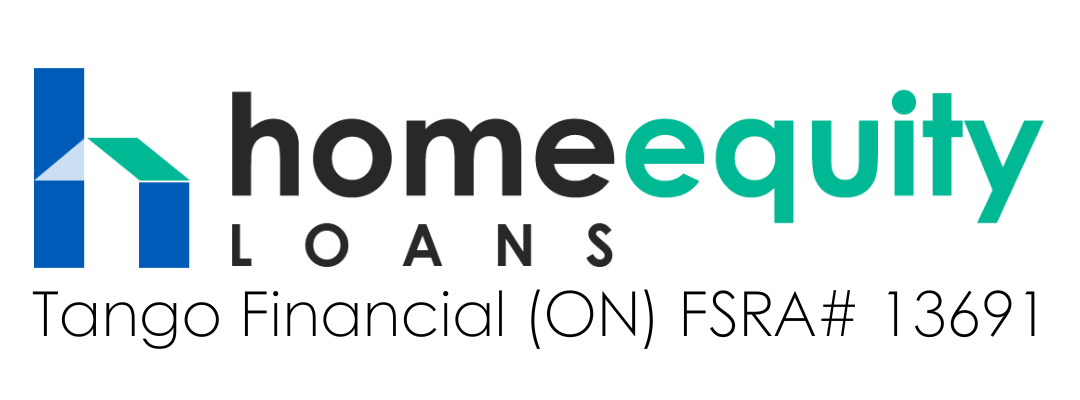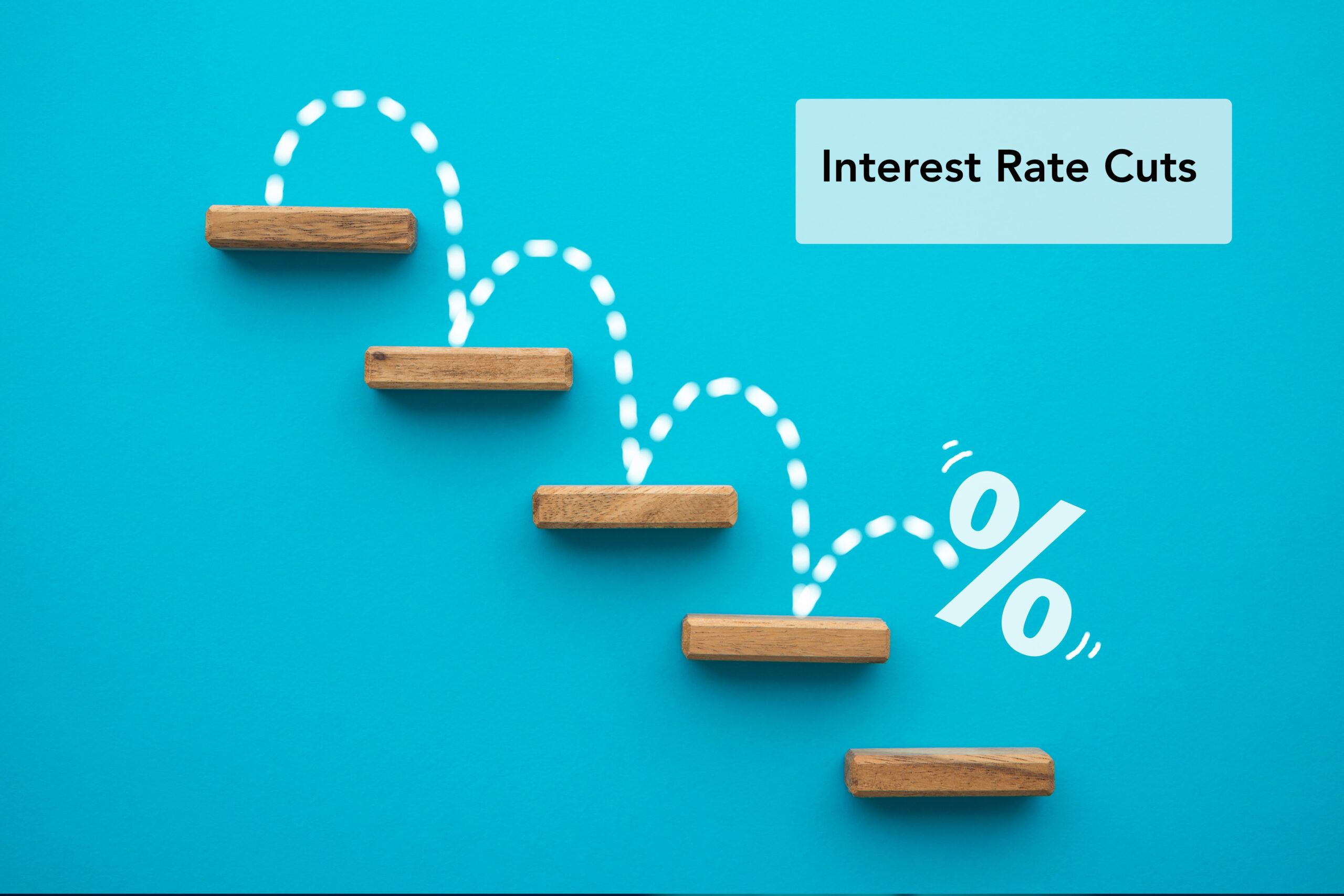Are you aching to alleviate your financial burden? With debt management shaping financial decisions for many Canadians, it is crucial to gain insights and understand your options thoroughly. While it might appear complex, we’re here to simplify.
In this blog, we’ll discuss how debt consolidation works, explore diverse strategies to leverage your home equity and weigh the pros and cons of each approach. Read on and start taking control of your financial future with a deeper understanding of how to use a mortgage to consolidate debt.
What is Debt Consolidation?
Debt consolidation streamlines your financial well-being by combining high-interest debts into a monthly payment. This simplifies management, lowers interest rates, and enhances your credit rating.
Multiple methods cater to individual situations; thus, consulting an advisor is a wise choice. Familiarizing yourself with options is key to navigating this process effectively.
How does Debt Consolidation Work with Mortgage?
Debt consolidation through a mortgage is a straightforward concept that uses your home’s equity. Referred to as a debt consolidation mortgage, this approach allows you to combine high-interest debts into a single loan through refinancing.
This new mortgage increases by the amount of non-mortgage debt rolled in and associated early term-breaking fees. In contrast, opting for a second mortgage avoids breaking your existing term. Instead, the lender offers a lump sum covering the consolidated debt.
Despite typically having higher interest rates than refinancing, second mortgages could save you money compared to maintaining separate high-interest debts.

What is the Best Way to Consolidate Debt?
Navigating second mortgage debt consolidation demands exploring effective methods to attain financial stability. Below are four compelling options to consider:
1. Second Mortgage
A second mortgage involves borrowing against your home’s equity, providing a lump sum to pay off multiple debts. It’s useful if you have substantial equity and want a fixed repayment schedule.
2. Home Equity Lines of Credit (HELOC)
HELOC allows access to a credit line secured by your home’s equity. You draw funds as needed, making it flexible, but it requires disciplined repayment to avoid overspending.
3. Mortgage Refinancing
Consider mortgage refinancing, where you consolidate your mortgage and debts into a secured loan up to 80% of your home’s value. Break your mortgage term early, possibly incurring a penalty of three months’ interest or an interest rate differential, which can be included in your new refinanced mortgage.
4. Reverse Mortgage
If you’re 55 or older and own your home, a reverse mortgage allows borrowing up to 55% of your home’s value. This loan can be used to consolidate higher-interest debt.
As you explore these four debt consolidation options, remember that choosing the best path hinges on understanding your unique circumstances and goals.
Benefits of Consolidating Debt into a Mortgage
Consolidating debt into a mortgage presents a range of compelling benefits that can reshape your financial landscape.
1. Lower interest
Consolidating debt into a mortgage often provides lower interest rates than high-interest credit cards or personal loans, reducing overall interest payments.
2. Lower Monthly Repayments
Consolidating debt into a mortgage can result in more manageable monthly payments, alleviating financial pressure, thanks to lower interest rates and extended repayment terms.
3. Save Money Long-term
The decreased interest rates and extended repayment periods offered by mortgage consolidation can save you significant money over the long run.
4. Save Time
Managing multiple debts can be time-consuming. Consolidation streamlines your debts into a single payment, saving time and effort.
5. Improve Your Credit Score
As you pay off high-interest debts and maintain timely mortgage payments, your credit score may improve, enhancing your overall financial health.
6. You can Borrow Additional Funds from A New Mortgage
Beyond debt consolidation, a new mortgage may offer additional funds for home improvements or other needs, making it a versatile financial tool.
By consolidating debt into a mortgage, you unlock numerous advantages that reshape your financial landscape and set the stage for increased savings, improved credit, and versatile financial opportunities.

Drawbacks in Consolidating Debt into a Mortgage
While consolidating debt into a mortgage offers benefits, you must consider the drawbacks that may impact your financial situation.
1. Run out of equity
Consolidating debt into a mortgage could deplete the equity in your home, potentially limiting your options for future borrowing or financial flexibility.
2. Go further into debt
Although consolidating can provide relief, it may lead to further debt if the underlying financial habits aren’t addressed, creating a cycle of dependency.
3. Home put up as collateral
Your home becomes collateral when you consolidate debt into a mortgage, risking its ownership if you’re unable to meet mortgage payments.
4. Could Raise Your Interest Rate
Depending on the terms and market conditions, consolidating your debts into a mortgage might increase your overall interest rate, negating potential savings.
As you explore the potential advantages of consolidating debt into a mortgage, weighing these drawbacks is equally crucial, ensuring a well-informed decision that aligns with your financial goals.
Comparing Debt Consolidation Loans and Mortgage Options
Debt consolidation aims to streamline multiple high-interest debts into a single loan with a lower interest rate. A debt consolidation personal loan functions similarly to a regular loan, using the borrowed money to pay off existing debts.
On the other hand, homeowners can consolidate debt into their mortgages. A debt consolidation mortgage often offers benefits such as lower interest rates and increased borrowing limits, leveraging home equity for enhanced borrowing power.

How To Get Approved for A Debt Consolidation Loan
Lenders evaluate various factors to determine your eligibility when seeking approval for a debt consolidation loan. These include:
-
- your credit scores
- income
- monthly cash flow
- additional variables
Some lenders might exhibit greater flexibility when considering a HELOC due to its interest-only payment structure, affording them a broader risk assessment scope.
For those with poor credit, second mortgages may offer better acceptance odds, as certain private lenders cater to customers with lower credit scores. However, remember that a second mortgage often has higher interest rates than traditional mortgage refinancing.
Frequently Asked Questions About Consolidating Debt
Get answers to your most frequently asked questions about consolidating debts using second mortgages.
1. Is it possible to consolidate my debt into a first-time mortgage?
Yes, you can consolidate your debt into a first-time mortgage, provided you meet the lender’s requirements and have the necessary equity.
2. Can you combine debt into a mortgage?
Yes, debt consolidation involves combining various debts into a single mortgage, simplifying payments.
3. Is it advisable to refinance your mortgage for debt consolidation purposes?
Refinancing to consolidate debt can be beneficial if it lowers your overall interest rates and results in manageable payments. It’s essential to assess the terms and potential savings.
4. What types of loans can you consolidate?
Various types of loans, including credit card debt, personal loans, medical bills, and more, can be combined into a consolidated loan or mortgage for greater financial efficiency.
5. Which is better for a consolidation loan, secured or unsecured?
Secured loans are favored for debt consolidation due to lower interest rates, resulting in manageable payments and faster debt reduction. Yet, remember that collateral is needed for secured loans, risking repossession if payments falter.
6. Is homeownership necessary for debt consolidation?
No, it’s not mandatory to opt for a secured loan. If you lack property or prefer not to use assets as collateral, an unsecured consolidation loan is viable. However, unsecured loans often entail higher interest rates, necessitating a thorough understanding of payment terms before choosing this option.
Explore the Power of a Second Mortgage for Debt Consolidation Now
Consolidating debt into a second mortgage empowers you to take control of your finances by bundling multiple debts into a single, manageable loan. It simplifies your financial obligations with a single monthly payment, enhancing your adherence to deadlines.
At HomeEquityLoans.ca, we can help you begin your journey towards financial freedom by exploring a second mortgage for debt consolidation. Reach out to us today to discover your choices and set out on a journey toward a more stable and prosperous financial future.




